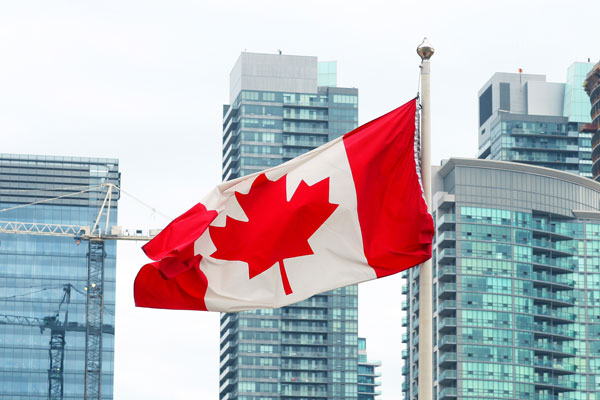9/20/2019
| SHARE
Posted in Real Estate Investments by Vanguard Realty | Back to Main Blog Page

Vancouver
The Conference Board of Canada expects the city’s economic growth to moderate to 2.3% this year through 2023, but considering Vancouver’s economy grew at a rate of 3% in 2018, that shouldn’t be too worrying. The housing market has also moderated, as surplus units and policy measures have cooled demand, particularly among foreign buyers. The single-family housing sector has experienced steady price decreases as well.
Headwinds aside, Vancouver is PwC’s top market for real estate prospects in Canada with robust performance in the office and industrial sectors of the market—in Metro Vancouver, for example, the former has a 5.3% vacancy rate. Vancouver’s residential market, too, has considerable upside, and while the market recently appeared languid, a correction was inevitable because of overheating conditions. With strong population growth and economy, Vancouver will remain attractive.
Toronto
Immigration is one of Toronto’s strongest fundamentals and it’s turned the GTA into one of North America’s fastest-growing metropolitan areas. The Conference Board of Canada predicts economic growth of 2.4% both this year and in 2020, and while the housing market took a hit from B-20, prices have stabilized of late. However, like Vancouver, difficulties with affordability remains the preponderant barrier to housing in the city, the result of population inflow and land scarcity. Moreover, the cost of land per square is increasing, which, in tandem with government levies, has conspired to make housing more prohibitive.
But Toronto’s office sector is carrying the city’s market—low vacancy rates are being offset by large-scale regional developments, including a $3.5 billion mixed-use project near the CN Tower that is comprised of two towers, 58- and 48-storeys tall. Additionally, e-commerce continues driving demand for industrial space, however, historically-low vacancy has made finding adequate space difficult, although it’s also a catalyst for more development.
Ottawa
The country’s capital is riding a strong economic tidal wave that’s reflected in its housing market. In third place on PwC’s top prospects survey, Ottawa is attracting migration from other Canadian cities, including Toronto where the cost of housing has precluded many of its residents from participating in the housing market. With buoyancy in the air, Ottawa’s population just surpassed the one-million mark, and that will continue attracting external investment in the city.
However, labour shortages are an issue that cannot be swept under the rug and with tight land supply, affordability in Ottawa is waning. As a result, developers are constructing more townhouses in lieu of detached homes like they traditionally have.
Purpose-built rental construction is also robust in Ottawa, with a subset of demand coming from people priced out of the ownership market. Industrial real estate continues moving well in Ottawa, and office vacancy is trending downward, hitting 7.7% in Q2-2019 from 8.7% exactly one year earlier.
Canada Real Estate, Economic Growth, Real Estate Investments, Real Estate Investors

